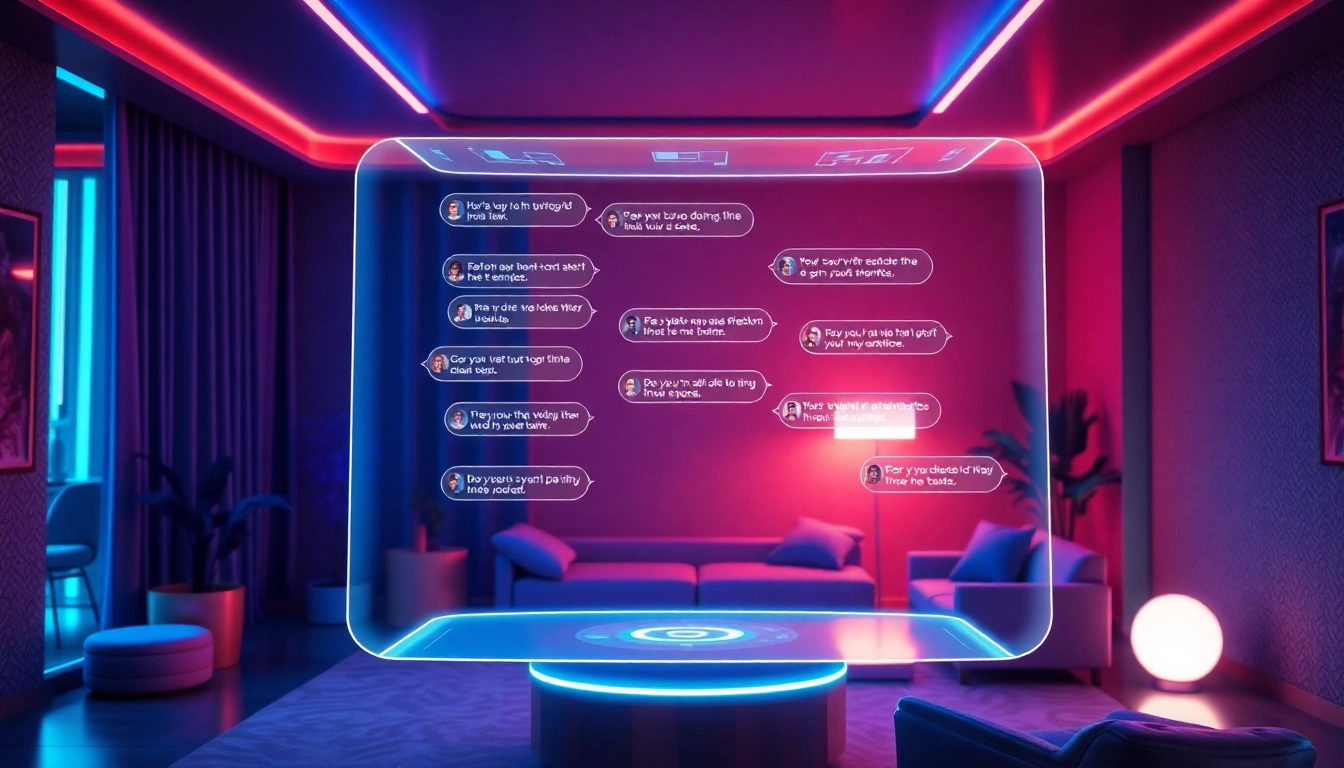Understanding Relationship Breakup: The Emotional Toll
The dissolution of a relationship can be one of the most challenging experiences an individual faces in their life. The emotional upheaval caused by a relationship breakup can lead to feelings of sadness, confusion, and even grief. These feelings are often compounded by the significance of the bond that was shared, making it crucial to understand the psychological implications that come with such a significant life change. In this context, navigating the intricacies of a relationship breakup is not merely about moving on; it’s about understanding the emotional toll it takes.
To gain further insights into this topic, consider how a relationship breakup can serve as a catalyst for personal growth and transformation.
The Psychology Behind Breakup Pain
When a relationship ends, it often triggers a cycle of emotional responses that are deeply rooted in human psychology. According to studies, the brain processes emotional pain similarly to physical pain. Neuroimaging research indicates that the brain regions activated during a breakup mirror those involved in physical injury. This suggests that the heartbreak felt during a breakup is not just a metaphor but a real experience that can manifest in physical symptoms such as restlessness, anxiety, and even insomnia.
Furthermore, breakups can evoke feelings of abandonment and loss. The end of a relationship signals the loss of not just a partner but also shared dreams, hopes, or plans meant for the future. These compounded losses can bring about significant emotional pain. Understanding this psychological backdrop can be the first step in coping with the aftermath of a breakup, providing context for the intense feelings that often arise.
Common Reactions and Emotional Responses to Relationship Breakup
Following a breakup, individuals may experience a varied set of emotional responses. Grief is a common reaction, with many experiencing a range of emotions in a manner similar to the stages of grief outlined by Kübler-Ross: denial, anger, bargaining, depression, and acceptance.
Denial – Initially, one may refuse to accept that the relationship has ended, clinging to memories of happier times. This denial can delay the healing process.
Anger – Next, feelings of anger may surface. This could be directed at oneself, the former partner, or even the situation at large. Anger can serve as a protective emotion, but it can also hinder one’s ability to process pain and move forward.
Bargaining – Many individuals find themselves ruminating on what could have been done differently, identifying moments and decisions that could have altered the outcome.
Depression – As reality sets in, sadness often – and can manifest intensely. Feelings of worthlessness and rejection may occur as the mind comes to terms with the breakup.
Acceptance – Ultimately, many find a path toward acceptance, exploring ways to move on healthily and constructively.
Understanding these reactions can provide clarity and an additional layer of comfort — knowing that such feelings are both valid and shared by many who find themselves in similar situations.
Debunking Myths About Relationship Breakup
There are numerous misconceptions surrounding relationship breakups that can exacerbate the healing process. For instance, many believe that “time heals all wounds.” While time is indeed a crucial factor, it is important to actively engage in the healing process to facilitate emotional recovery. Simply waiting for the pain to dissipate often leads to prolonged suffering.
Another myth is that people should remain friends with their ex-partners immediately after a breakup. While this might work for some, maintaining contact can hinder closure and prolong distress. Each individual’s healing journey is unique, and it is necessary to establish personal boundaries that promote emotional well-being.
Understanding and debunking these myths allows individuals to navigate their emotional landscapes more effectively, paving the way for healthier coping mechanisms following a breakup.
Preparing for a Relationship Breakup: Signs and Considerations
Recognizing when a relationship may need to end is often fraught with confusion and emotional turmoil. However, there are several signs that can indicate that a relationship is on borrowed time.
Recognizing When It’s Time to End a Relationship
Sometimes, a relationship becomes stale, characterized by a persistent lack of communication or disconnection, which can signal that it’s time to reevaluate the partnership.
Frequent, unresolved conflicts can also signify deeper issues within the relationship that might indicate it’s time to call it quits. If you find yourself questioning the future of the relationship more often than not, it may be worth considering whether it’s still a fulfilling endeavor for both partners.
Moreover, if personal values or life goals diverge significantly, continuing the relationship might lead to compromise and resentment. Recognizing and accepting that disparity is vital in making the decision to part ways.
Effective Communication Strategies for Relationship Breakup
When approaching a breakup, communication plays a pivotal role. Honesty is paramount. Clearly articulating feelings and reasons while expressing gratitude for the good times shared can soften the blow.
It is also important to choose the right setting. A private, neutral space can create an environment conducive to honest dialogue, minimizing awkwardness and fostering openness.
Moreover, consider timing. Avoid initiating a breakup during stressful periods in life. Choosing a calm moment can help both parties engage rationally rather than emotionally.
Supporting a Partner Through a Relationship Breakup
If you find yourself in the position of supporting someone going through a relationship breakup, it’s imperative to practice empathy and active listening. Encouraging the person to express their feelings without judgment can provide comfort during this tumultuous time.
Avoid offering unsolicited advice; instead, be present and validate their experiences. Suggesting healthy coping strategies, such as journaling or engaging in physical activity, can also promote emotional healing.
Lastly, respecting their space is crucial. Each person processes emotions at their own pace, and understanding their need for solitude or closeness can be beneficial during their recovery.
Coping Mechanisms After a Relationship Breakup
After a breakup, the path forward may not be immediately clear. However, employing effective coping mechanisms can significantly benefit recovery.
Healthy Ways to Process Emotions Following a Relationship Breakup
Engaging in physical activity can be incredibly effective in alleviating emotional distress. Exercise releases endorphins, which can combat feelings of sadness and elevate mood.
Journaling is another powerful tool. Writing about feelings allows for reflection, providing clarity and helping to organize thoughts. This process can facilitate understanding emotions and the events leading to the breakup.
Talking to a trusted friend or therapist can also serve as an outlet for pent-up emotions. Professional guidance can offer insights into healthy coping mechanisms while offering a supportive space for processing difficult feelings.
Practical Steps to Move Forward After a Relationship Breakup
Taking proactive steps can create a sense of agency in the aftermath of a breakup. Consider decluttering shared spaces, removing reminders of the relationship to minimize triggers that evoke sadness.
Forge new routines and explore activities previously avoided during the relationship. This could include taking up a new hobby, traveling, or rekindling old friendships. Each of these actions helps to forge an independent identity.
Setting personal goals can also provide focus and a clear path forward. Aim to identify goals that resonate with your values and aspirations to foster a sense of accomplishment as you work toward them.
Seeking Professional Help: When to Consider Therapy After a Relationship Breakup
It’s essential to recognize when personal coping strategies may not be enough. If feelings of sadness, anxiety, or hopelessness persist, consulting a mental health professional may be beneficial.
Therapy can provide a safe space for discussing emotions and processing the complexities surrounding a relationship breakup. Moreover, therapists often equip individuals with tools and strategies tailored to their unique circumstances for navigating emotional turmoil.
Group therapy may also be advantageous. Connecting with others who are experiencing similar hardships can lessen feelings of isolation and validate emotions.
Learning from a Relationship Breakup: Growth and Reflection
While a relationship breakup can be painful, it often serves as a powerful catalyst for personal growth and self-discovery. Embracing this aspect of the experience can pave the way for a more positive outcome.
Identifying Lessons Learned from the Relationship Breakup
Reflection is a critical component of healing. Taking the time to consider what went wrong in the relationship, and the lessons learned, can facilitate personal growth and prevent repeating patterns in future relationships.
Consider what personal needs were neglected or which red flags were overlooked. Gaining insight into oneself can empower individuals, offering clarity on the qualities they should seek in future partnerships.
Building Resilience: Personal Development Post-Relationship Breakup
Building resilience involves cultivating a sense of inner strength and adaptability following difficult experiences. Engaging in challenges, learning new skills, and embracing discomfort can all contribute to developing resilience.
Practicing self-care, such as mindfulness and emotional regulation techniques, can also strengthen resilience. Approaching future challenges with a positive mindset and an understanding that personal growth can arise from adversity enhances future emotional well-being.
Reassessing Future Relationships After a Relationship Breakup
Moving forward after a breakup often means carefully reassessing what one desires in future relationships. Consider the past relationship’s dynamics—what worked, what didn’t, and what boundaries are now deemed necessary.
It may be beneficial to take time for self-discovery before re-engaging in new romantic pursuits. Engaging in self-reflection and understanding personal values can lay the foundation for healthier, more fulfilling future relationships.
Resources and Support for Navigating a Relationship Breakup
There are numerous resources available that can support individuals through the process of navigating a relationship breakup.
Recommended Books and Articles on Relationship Breakup
Exploring literature related to breakups can provide comfort and guidance. Popular titles like “The Breakup Bible” provide a roadmap for healing, while inspirational literature often explores themes of resilience and self-discovery in the face of loss.
Online articles, blogs, and expert advice can also offer valuable insights, spotlighting strategies for coping with breakup pain and facilitating emotional recovery.
Online Communities and Support Groups for Breakup Recovery
Engaging with an online support group provides an opportunity to connect with individuals who are experiencing similar feelings. Various platforms offer forums and discussion groups centered around personal experiences during breakups, allowing for shared stories and encouragement.
These interactions can foster a sense of belonging and community, reducing feelings of isolation associated with breakups and enabling individuals to learn from one another’s experiences.
Creating a Self-Care Plan Post-Relationship Breakup
Developing a self-care plan can be invaluable in the face of a relationship breakup. This plan should encompass physical, emotional, and social self-care strategies tailored to individual needs and preferences.
Incorporating activities that promote relaxation, such as yoga or meditation, as well as social engagements that foster connection with friends, can create a comprehensive strategy for emotional recovery.
Lastly, regular check-ins with oneself regarding emotional needs can aid in better processing what one is going through, allowing for gradual healing and growth post-breakup.



